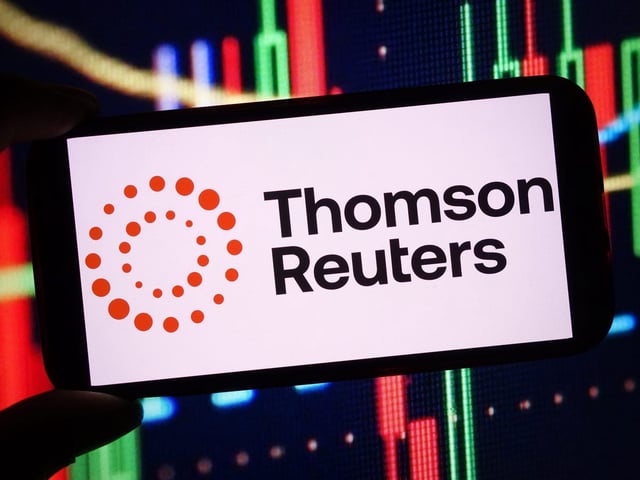Overview
- Thomson Reuters won a partial summary judgment against Ross Intelligence, with the court rejecting fair use as a defense for training AI models on copyrighted data without consent.
- The case revolves around Ross Intelligence using data from Thomson Reuters' Westlaw legal research database to develop a competing AI-powered legal tool.
- Judge Stephanos Bibas determined that Ross's use of Westlaw content was not transformative and harmed the market for Thomson Reuters' products, failing key fair use tests.
- This decision marks the first major U.S. ruling against an AI company in a copyright case, potentially influencing over 30 similar lawsuits currently in progress.
- Although the ruling does not directly address generative AI, legal experts believe it could shape future cases involving generative AI tools and copyright law.



